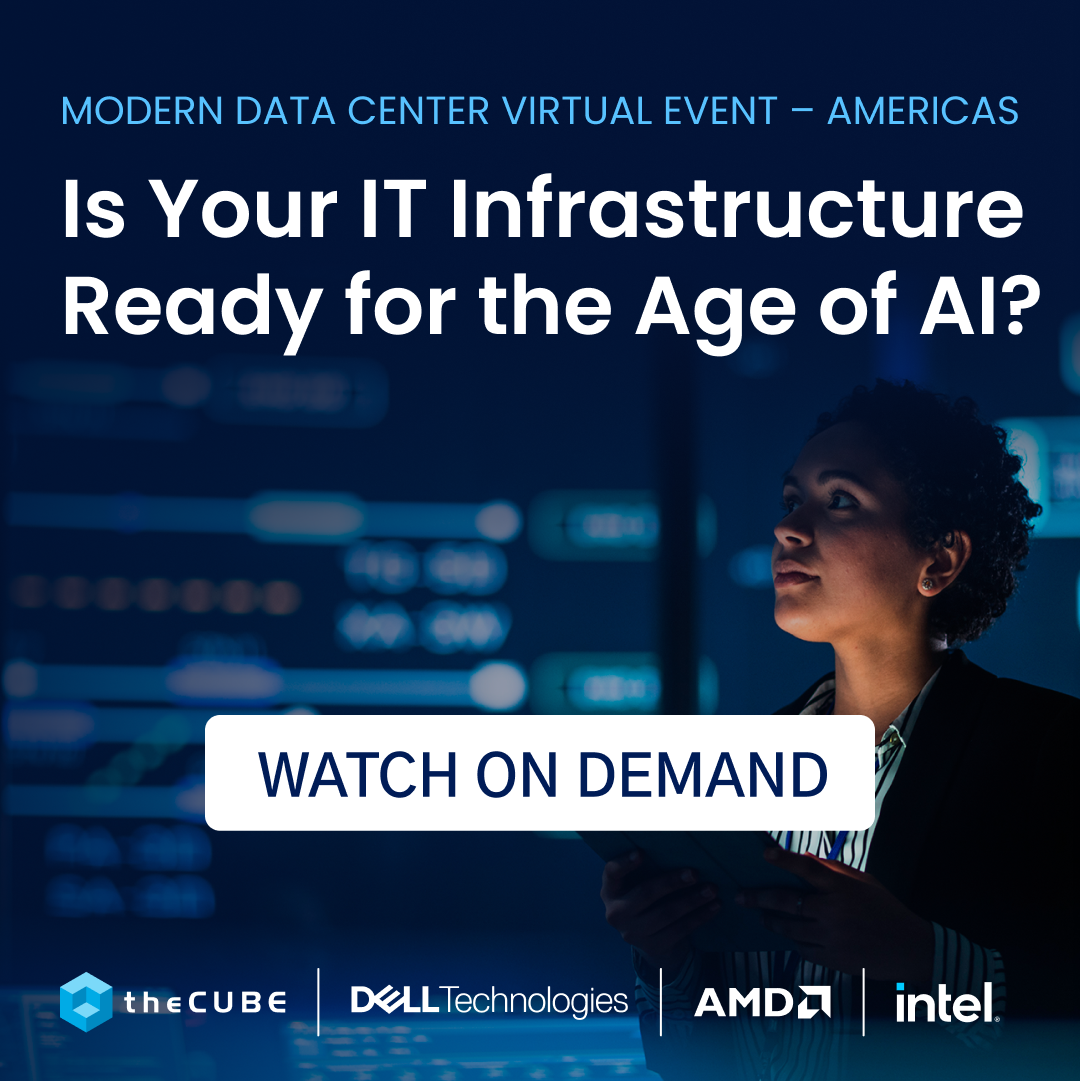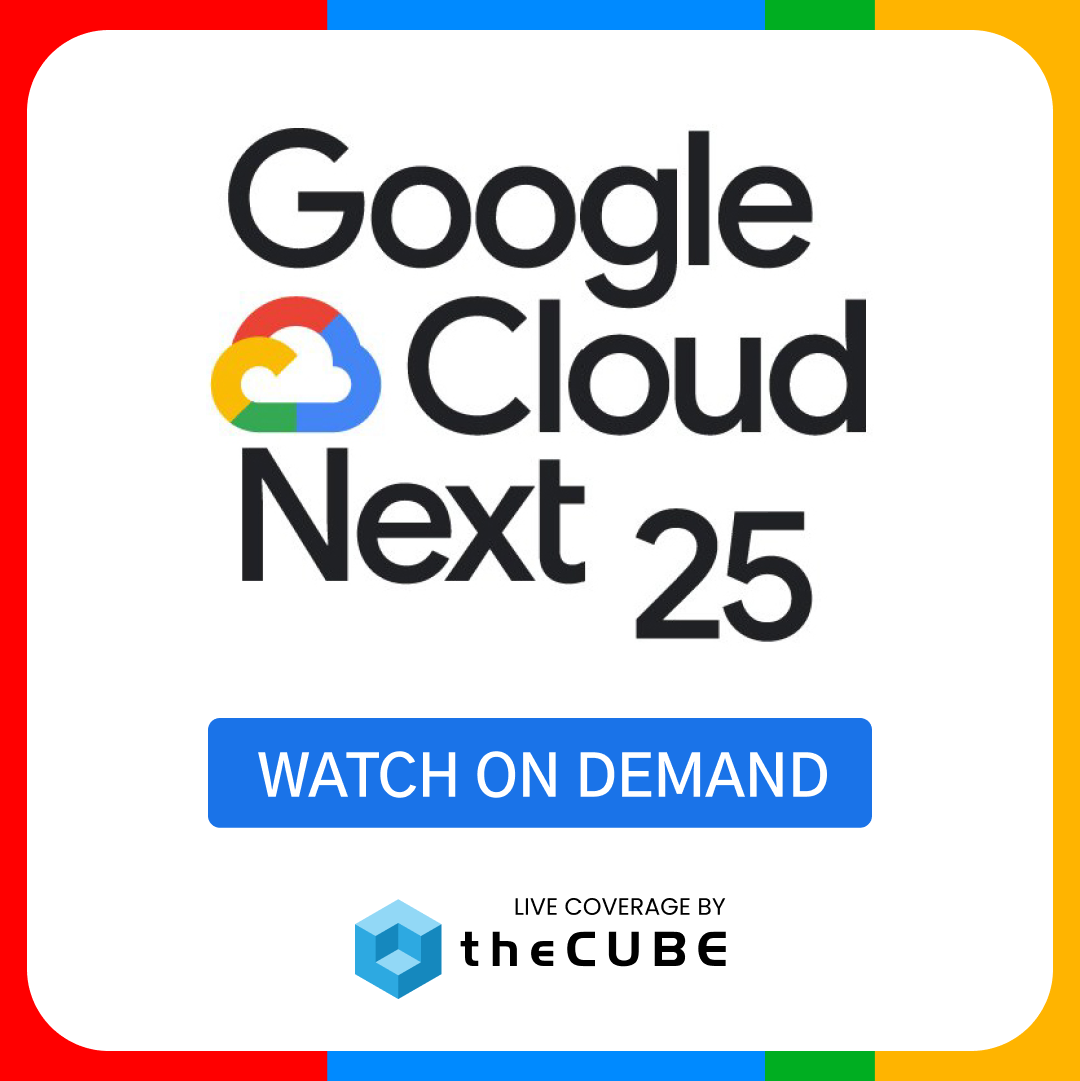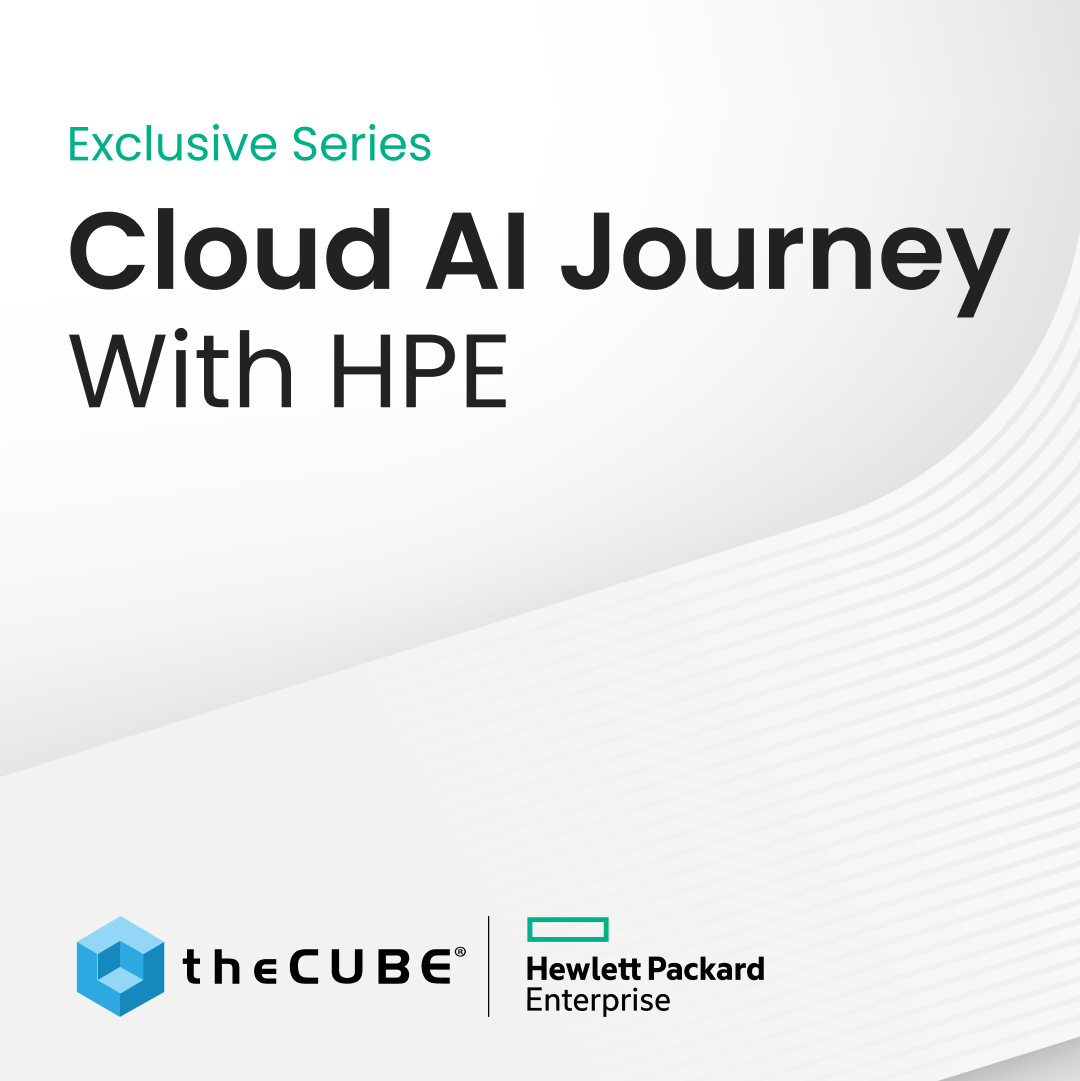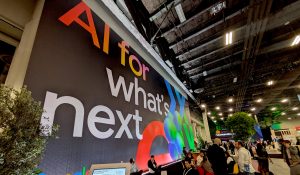3 keys to rule Big Data economy : tech, people + culture | #BigDataNYC
![]() The volume of information being stored and applied to business practices today continues to grow at an astonishing rate, with the digital universe set to expand more than 25 percent annually through 2012, according to research from EMC. Driven by the rapid adoption of connected devices and Big Data technologies, this trend is creating new opportunities for technology vendors while providing enterprises with the means to drive efficiencies and pursue additional revenue streams.
The volume of information being stored and applied to business practices today continues to grow at an astonishing rate, with the digital universe set to expand more than 25 percent annually through 2012, according to research from EMC. Driven by the rapid adoption of connected devices and Big Data technologies, this trend is creating new opportunities for technology vendors while providing enterprises with the means to drive efficiencies and pursue additional revenue streams.
“By 2017, Big Data vendor revenue will hit close to $50 billion, according to our models,” Wikibon Principal Analyst Jeff Kelly writes. “But that’s only part of the Big Data story. While $50 billion is nothing to sneeze at, we fundamentally believe that Big Data practitioners will create significantly more value than the vendor community over the long-term. Enterprises across vertical markets, from oil & gas and financial services to healthcare and consumer products, now have the tools at their disposal to make innovative use of data to drive high-value business outcomes.”
We’re ever-anxious to hear Big Data’s full story, and that’s exactly what we’ll be doing during Big Data Week in New York City. Starting today and concluding Wednesday, SiliconANGLE’s premier broadcast program theCUBE will be streaming live interviews from #BigDataNYC (see event details here).
Watch LIVE : theCUBE exclusive interviews from #BigDataNYC
Of guests, we’ll ask for truly introspective insight on the Big Data economy as it currently stands, parsing out the buzz from the hardcore applications and services being applied to real-world use cases. There’s a few standout trends that have emerged since Big Data first became a marketing angle two years ago, including Hadoop’s potential for the enterprise, and the best methods for monetizing a revolution steeped in open source history.
Ahead of our broadcast kickoff tomorrow morning, let’s review the pertinent discussion points currently being explored in the Big Data economy. Kelly’s outlined the specifics regarding the three primary components of the Big Data economy, including its technology, people and culture, in his recent contributions to SiliconANGLE. We’ve stitched together a summary of Kelly’s latest analysis, offering readers a preview of the topics and trends we’re following at #BigDataNYC this week.
The New Data Economy
.
![]() Analytics solutions constitute the foundation of what Wikibon calls the Data Economy, a new business landscape in which success is determined by an organization’s ability to harness information for competitive advantage. Web-scale firms such as Google and Yahoo have pioneered this space, and other tech companies are following in their footsteps to reinvent retail, media streaming and other consumer services.
Analytics solutions constitute the foundation of what Wikibon calls the Data Economy, a new business landscape in which success is determined by an organization’s ability to harness information for competitive advantage. Web-scale firms such as Google and Yahoo have pioneered this space, and other tech companies are following in their footsteps to reinvent retail, media streaming and other consumer services.
Now that Big Data has also started trickling down to mainstream enterprises, business leaders in historically traditional verticals are finally beginning to recognize the potentially transformative impact of analytics on their organizations. Wikibon highlights that the technology can help users:
Improve operational efficiencies;
Make better tactical and front-line decisions;
Make better strategic and “big picture” decisions;
Automate real-time business processes;
Manage risk, security and privacy;
Collaborate and co-innovate with partners and competitors;
The Data Economy consists of all the organizations that utilize information to achieve these goals and generate value for partners, customers and society at large. Companies that seek to establish themselves in this ecosystem must invest in the three central pillars of data innovation: technology, people and culture.
The right technology
.
Technology is the easiest requirement to meet thanks to the wide range of maturing data management and analytics tools available on the market. The Hortonworks Data Platform stands out as multi-application tool for processing different data types.
“HDP is the result of a lot of hard work by the team at Hortonworks as well as all the committers to Apache Hadoop (HDP is 100% open source Apache Hadoop.) The goal of everyone in the Hadoop community is to make the open source Big Data framework truly ready for the enterprise,” Kelly notes.
The right people + machines
.
![]() Hiring and cultivating workers that possess the required skills to extract value from data necessitates bigger investment, while fostering a data-driven culture is the most complicated task of the three. In order to thrive in the Data Economy, companies need to reevaluate traditional operating models and embrace information as a true strategic asset. Reaching the latter objective means removing the shackles of IT-led BI, a challenge that is blocking many organizations from unlocking the true value of their information.
Hiring and cultivating workers that possess the required skills to extract value from data necessitates bigger investment, while fostering a data-driven culture is the most complicated task of the three. In order to thrive in the Data Economy, companies need to reevaluate traditional operating models and embrace information as a true strategic asset. Reaching the latter objective means removing the shackles of IT-led BI, a challenge that is blocking many organizations from unlocking the true value of their information.
“The reasons for this lack of success are several, but follow a general lifecycle,” Kelly details. “First, traditional business intelligence applications require IT to pull together data models and cobble together various data sources behind the scenes before reports or dashboards get rolled out to end-users. Then, if the resulting reports don’t “answer” the questions users are looking for (as is often the case in such an asynchronous process), IT must make further changes to the underlying models, which takes yet more time. Finally, by the time reports and dashboards make it to end users, the data and analysis they provide are often outdated.”
This rapid adoption of Big Data is pitting the open source community against proprietary Hadoop distributors in a battle that, according to Kelly, will help shape the future of the industry.
“So why does this competition matter? It matters because for Hadoop to reach its full potential – making all manner and volume of data available for analysis – there must be at least one successful commercial entity supporting the framework that enterprise customers can confidently count on to be around for the long haul (whether as a standalone vendor or as part of a larger company,)” he explains.
Checkout our full collection of everything #BigDataNYC 2013.
A message from John Furrier, co-founder of SiliconANGLE:
Your vote of support is important to us and it helps us keep the content FREE.
One click below supports our mission to provide free, deep, and relevant content.
Join our community on YouTube
Join the community that includes more than 15,000 #CubeAlumni experts, including Amazon.com CEO Andy Jassy, Dell Technologies founder and CEO Michael Dell, Intel CEO Pat Gelsinger, and many more luminaries and experts.
THANK YOU















